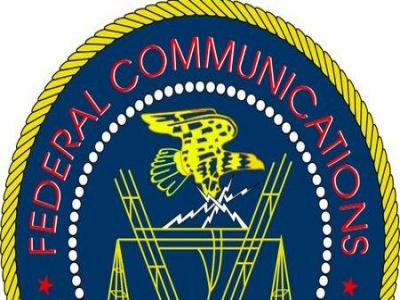‘Black Box’ Talk Dominates FCC’s First DSTAC Meeting
The smarter way to stay on top of the multichannel video marketplace. Sign up below.
You are now subscribed
Your newsletter sign-up was successful

The first meeting of an FCC-appointed committee that will explore a potential successor to the CableCARD got underway Monday (February 23), with much of the discussion centering on the notion of an all-MVPD “black box” and whether OTT video service providers should be included within the scope of the discussion.
That group, called the Downloadable Security Technology Advisory Committee (DSTAC), is comprised of 18 members and includes execs from Dish Network, Cablevision Systems, Charter Communications, Comcast, Amazon, Google, TiVo and Evolution Digital. The committee was formed after the passing of the STELAR Act in December 2014, which will sunset the current integration ban this December and calls on the FCC to pursue a downloadable alternative. The DSTAC is tasked with filing a report of its findings and recommendations to the FCC by September 4.
Monday’s meeting has so far focused on the scope of the report, including which types of navigation devices and the types of content and services – including linear TV and on-demand video -- should fit inside it.
The notion of a “black box” outfitted with downloadable security dominated the early discussion, though what exactly that will entail is not yet clearly defined. But the general idea for it seems to be focused on a virtual module of sorts or a chip that can support the baseline input and output requirements of pay-TV operators. That could end up spanning elements such as service discovery, channel tuning/content requests, emergency alert system information, closed captioning data, copy control information, subscriber authentication/provisioning, and the audio and video streams themselves.
What technical shape that black box takes is an early part of the debate. Joe Weber, CTO for TiVo’s Service Provider Business Unit, for example, warned that it would not be feasible for there to be a separate box that sits between it and the retail device from a wide range of MVPDs.
Alan Messer, VP, advanced technology for Samsung’s Advanced Technology Lab, also raised concerns about this black box taking the form of a new chip, noting that it could significantly raise the bill of material (BOM) costs for TVs, DVRs and other retail video devices. Such a chip "might not be the right mindset,” he argued.
Also up for debate is whether OTT services should be considered in the coming report, even as the FCC moves ahead with a new rulemaking effort that will look define some online video providers (OVDs) as MVPDS, at least with respect to access to cable and broadcast TV programming.
The smarter way to stay on top of the multichannel video marketplace. Sign up below.
Mark Hess, SVP, office of the CTO, business and industry affairs at Comcast Cable, suggested that it will be difficult to exclude OTT from the discussion in a meaningful way given the current state of the video marketplace.
“It is an error to ignore it,” agreed Kenneth Lowe, VP and co-founder of Vizio.
